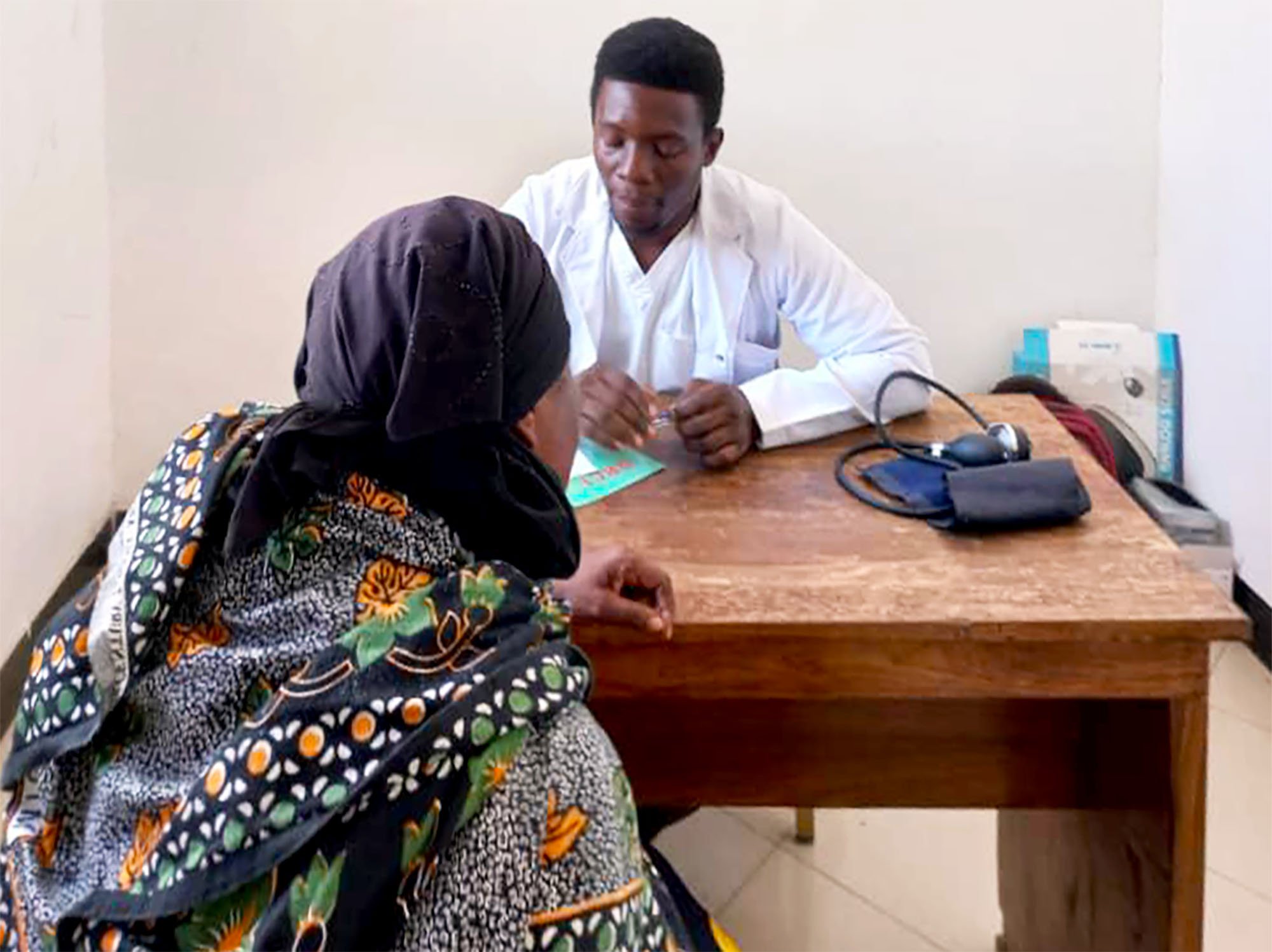FAQ
What is Emattan and its mission?
Emattan is a 501(c)(3) nonprofit organization that builds regenerative communities based on principles of nature.
Our mission is to nurture communities in Tanzania to become self-reliant empowered, educated, and prosperous. Through cooperation with nature, we cultivate environments for agriculture, schools, health, and the local economy.
These flourishing communities will become a home, with a special place for widows, single mothers, and orphans, giving every life opportunity to thrive as a family.
How can I get involved or volunteer?
We host adventure trips to Tanzania that you can sign up for. Half the trip will be hands on volunteer work to carry out different projects the community needs, and the other half will be adventures to experience the beauty of Tanzanian nature.
After we design each property, there will be opportunities to help us build the infrastructure needed. These trips will include various workshops where you will learn regenerative bio-mimicry techniques, and then have the opportunity to immediately practice what you learned. Each trip will focus on a different project.
What are regenerative communities?
A regenerative community is a resilient living environment that actively restores and renews the well-being of both its people and its natural ecosystems. It focuses on practices that go beyond sustainability to revitalize the environment. These communities prioritize nature stewardship, local self-sufficiency, education, and innovative economic models while fostering a multi-generational vision for a better future.
5. How do you promote economic development?
- We provide vocational training so that people can have opportunity to develop careers.
- The communities will cultivate opportunity for agriculture, education, hospitality, retail, and medical jobs.
- We encourage community investments between the different systems within the communities, and between the different properties our communities will be establishing.
- In the past we have used micro-finance loans with small business accountability groups to help individuals start businesses.
- We will also provide buildings for people to sell the goods and resources produced on the land.
- We will have a farm-to-table hotel to bring in money from tourism and people taking workshops.
6. What geographic areas do you serve?
We are located in Southern California, but we mainly work in Tanzania. We have partnered with different organizations to help on projects in other countries as well.
7. How can I donate or contribute financially?
8. Is my donation tax deductible?
Emattan is a registered 501(c)(3) non-profit, so your donations is tax Deductible. You will receive an IRS Acknowledgement letter in your email after your donation is received.
9. What impacts have you made so far?
If you’d like to see some of the impacts we have made so far, please visit our Initiatives page
10. How can I contact Emattan?
emattaninfo@gmail.com
11. Do you partner with organizations?
We have partnered with organizations before. We worked with Haiti Endowment and Rancho Maranatha to set up aquaponics systems. We are open to partnering with other organizations as well. Feel free to email us, if you’re interested in partnering with us.
12. Can I visit your projects and communities?
Right now we are in the beginning stages of setting up our first community. Once we have a design plan, we will set up volunteer trips that you can sign up for here.
13. What are your future plans and goals?
Right now we have a 21 acre property that we are developing.
The property has produced a well that has been providing water for the entire region. We also have built an elementary school on the property which opened up in September 2023.
Early 2024, we will begin our data collection analysis and mapping of the property. This will be the start of our design.
4. What agricultural initiatives do you support?
Organic Farming:
Promoting and supporting organic farming practices that prioritize soil health, reduce chemical inputs, and encourage biodiversity.
Permaculture:
Advocating and implementing permaculture principles that create self-sustaining and regenerative agricultural systems.
Agroforestry:
Encouraging the integration of trees and shrubs into farming systems to improve soil fertility, provide habitat for wildlife, and offer sustainable sources of wood and non-timber forest products.
Farm-to-Table Programs:
Connecting local farmers with consumers through initiatives in hospitality and farm-to-school partnerships
Sustainable Soil Management:
Educating about soil conservation and sustainable land management practices to prevent soil erosion, improve fertility, and remove any need for synthetic fertilizers.
Water Conservation:
Promoting efficient water use in agriculture through techniques like drip irrigation, earth moving for runoff prevention, rainwater harvesting, and soil moisture monitoring.
Crop/Livestock Diversity and Guilds:
Encouraging the cultivation of diverse crops/livestock to enhance resilience against pests, diseases, and drought.
Education and Training:
Providing training and resources to people, including classes in our elementary schools, on sustainable and regenerative agricultural techniques.
Research and Innovation:
Funding and conducting research to develop and promote innovative, sustainable agricultural practices.
Food Security:
Addressing food insecurity by improving access to nutritious food and helping communities establish food sovereignty.
Pasture-Based Livestock Farming:
Promoting and supporting pasture-based or rotational grazing systems that mimic natural grazing patterns, improve soil health, animal welfare, and overall sustainability.
Livestock Health and Welfare:
Providing training and resources to farmers on proper animal care, disease management, and humane treatment of livestock.
Breed Preservation:
Supporting efforts to preserve and promote heritage or indigenous livestock breeds that are adapted to local environments and may be threatened.
Reduced Antibiotic Use:
Encouraging responsible antibiotic use in livestock farming to address concerns about antibiotic resistance and animal welfare.
Aquaponics Farming:
An Aztec practice of producing high yields using fish which provide nutrient water for crops.
Waste Management:
Developing strategies for recycling waste to gases for fuel and then back into the ground to develop healthy soils.





